In the quest for a high-protein diet, we often turn to meat, poultry, and dairy products as our primary sources. However, there’s a world of high-protein veggies waiting to be explored. These nutritional powerhouses offer a wealth of health benefits while satisfying your protein needs.
In our latest food article, we’ll delve into five such vegetables that can be excellent additions to your high-protein diet.
5 high-protein veggies to add to your diet.
Spinach: The Leafy Green Powerhouse
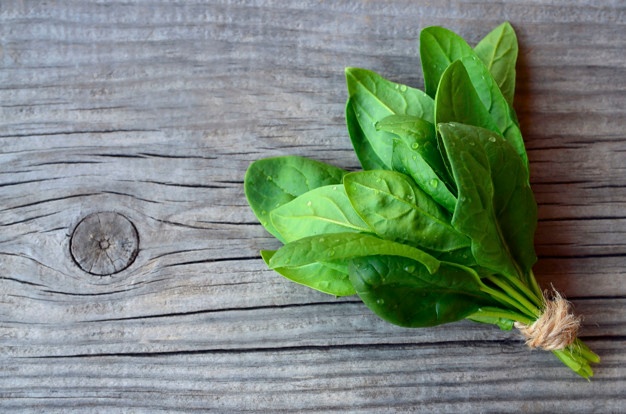
Spinach, known for its rich iron content, is also a great source of plant-based protein. With around 2.9 grams of protein per 100 grams, this leafy green is versatile and can be incorporated into salads, smoothies, or cooked dishes.
Broccoli: Versatile and Nutrient-Rich**
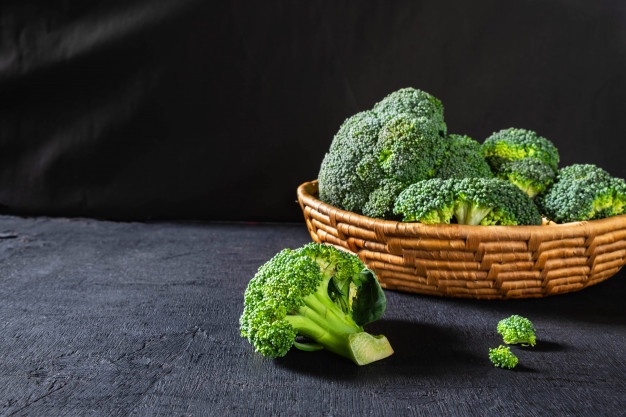
Broccoli is not only a nutrient-packed vegetable but also a surprising source of protein, containing about 2.8 grams of protein per 100 grams. It’s an excellent choice for stir-fries, roasted dishes, or as a simple side.
Brussels Sprouts: Mini Cabbages with a Protein Punch
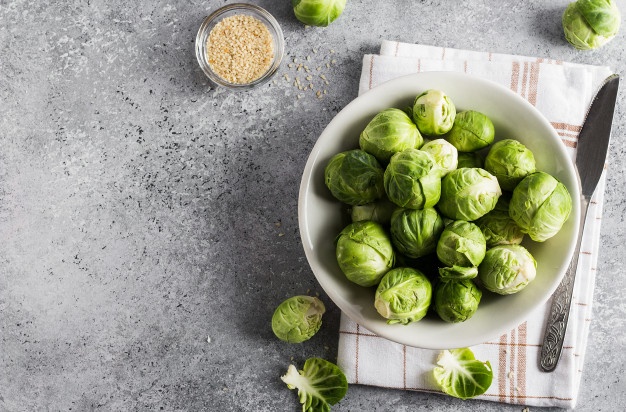
The Brussels sprouts, often underrated, provide approximately 3.4 grams of protein per 100 grams. These miniature cabbages are not only delicious but also high in vitamins and fiber.
Asparagus: A Spear of Protein
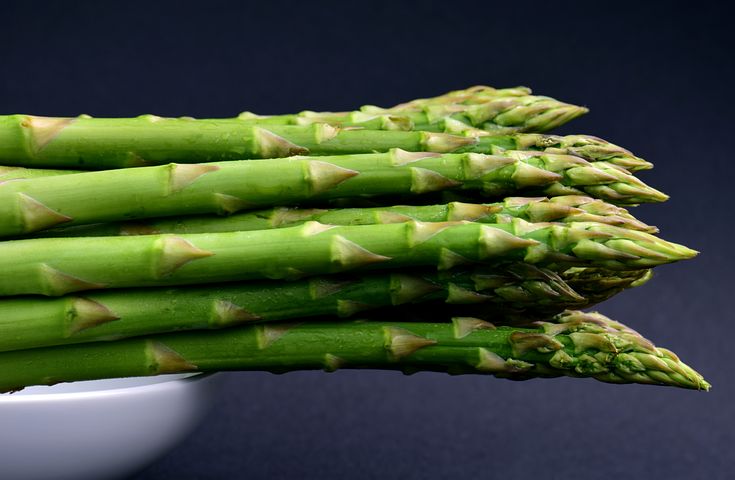
Asparagus, a delicacy in many cuisines, contains roughly 2.4 grams of protein per 100 grams. It’s a flavorful and nutritious addition to your meals, whether grilled, roasted, or steamed.
Cauliflower: A Versatile Protein-Rich Veggie
With approximately 1.9 grams of protein per 100 grams, cauliflower is a versatile vegetable that can be used to create everything from cauliflower steaks to cauliflower rice, providing a protein boost along with its subtle, nutty flavor.
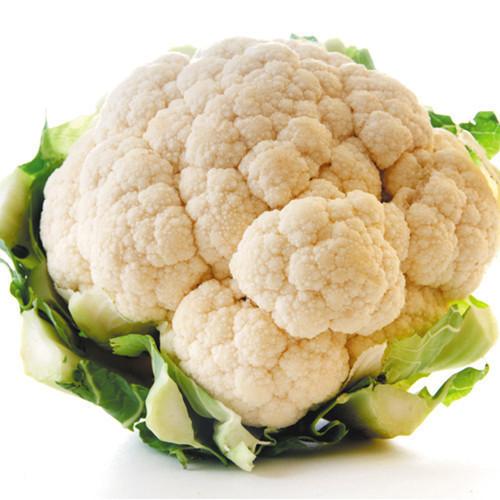
These five vegetables offer a wonderful variety of flavors, textures, and preparation methods to keep your high-protein diet interesting. Incorporating these plant-based protein sources into your meals not only helps you meet your protein needs but also ensures you get a healthy dose of vitamins, minerals, and dietary fiber.
So, the next time you plan your meals, don’t forget to include these high-protein vegetables to add a nutritious twist to your diet. Whether you’re a vegetarian, vegan, or simply looking to increase your vegetable intake, these options will help you stay on track with your protein goals while enjoying the benefits of a balanced and wholesome diet.
